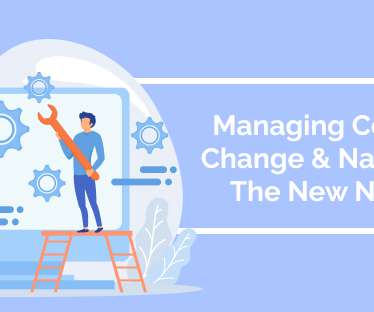Defining Change Management
Wendy Hirsch
JULY 29, 2022
Key Points Change management involves taking an intentional approach to transition an organization from where it is now to where it wants to be. There is a wide variety of change management approaches on the market, which tend to fall into three categories, each having strengths and weaknesses. What is Change Management?













Let's personalize your content